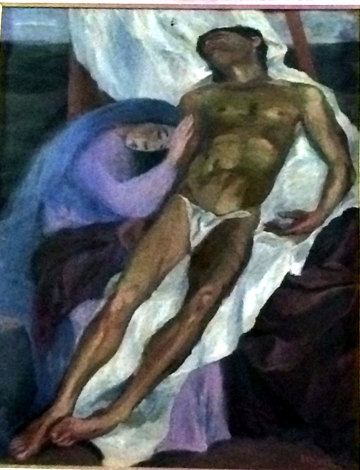
I had the pleasure of participating in a cross Irish/South African funeral. The family spoke lovingly, “We’re taking John home, to Ireland, to his seminary, to his mother and then he will be buried with his father in the family grave,” they said, the family of Fr John Cleary a “madcap” Irish missionary who died while still young, in Johannesburg, after a long battle with cancer. That saying jarred a little with me. After my husband, Chris, died I didn’t equate him with his body. I very quickly said goodbye to his mortal remains. What was much more relatable from Fr John’s funeral programme was the saying, “And life itself is only an instant. Only the dissolving of ourselves in all others, as though in gift to them.” But even that jarred a little. After five years I still long for a reunion, with him and me, not his dissolving in all others.
In spite of our Catholic belief in life after death and the communion of saints many of us find it a personal struggle to cope with the death of a loved one. There is nothing one wants more than to be reunited with them and yet you feel uncertain. There are those who do not believe in life after death and many people who do not ever give this matter much thought. Still others feel relieved, sadly, because the relationship was so full of difficulties. Some of these realities are cultural others deeply personal. The Irish way is celebrating the life with a joyous gathering of family, friends, music and song, with plenty of food and plenty to drink.
One of the blessings in my bereavement process has been interacting with African people for whom death is a much more natural event than for most westerners. They appear to accept the reality and yet they do grieve deeply; they need closure through saying farewell. An African funeral is a very important aspect of cultural life. There are different practices but the send-off has to be the best possible, everyone who is anyone has to be there, and to be provided for. Neighbours lend a hand, or money, crockery and cutlery to grace the occasion.
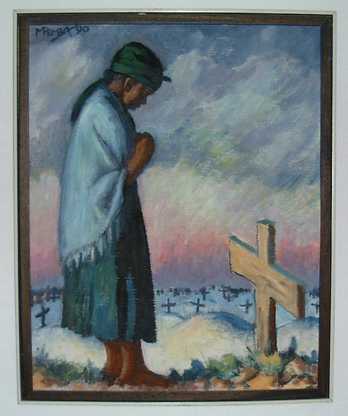
The traditional African life view embraces some fundamental statements and concepts. “I am a person through others.” Life consists of the pre-born, those who are living now and those who have died. To be human is to relate; to all these different classes of people. So it is OK for couples to continue to love till death and beyond, if they choose. It is OK for parents to grieve for and love their children who have died and for children and siblings to mourn.
The nature of the death like the nature of life does affect our relationship after death. But forgiveness and healing are possibilities not to be disregarded. Some relationships were good and remain cherished memories. Some relationships were good and yet contain unfinished business.Some relationships were painful and fearfilled. If through a long illness death is slow in coming, together with the pain there is a chance to say goodbye and make one’s peace. If death is sudden this is often not the case and unresolved issues remain.
Death through AIDS can have its own set of emotional and practical difficulties for families to face. One such difficulty is when the means to pay is not there and money that should be spent on supporting the remaining members of the family, especially orphans, is spent on an overly elaborate funeral. The SA Council of Churches repeatedly calls for rationality in this matter. The funeral trade relentare lessly gobbles up the money that should be used to support the remaining family members and not put them into debt they can probably never repay. I am told that “after-tears,” the party after the funeral meal is becoming a tradition that can also be financially crippling and is not concerned with paying tribute to the dead. Funeral policies are popular and a help but also come at a cost.
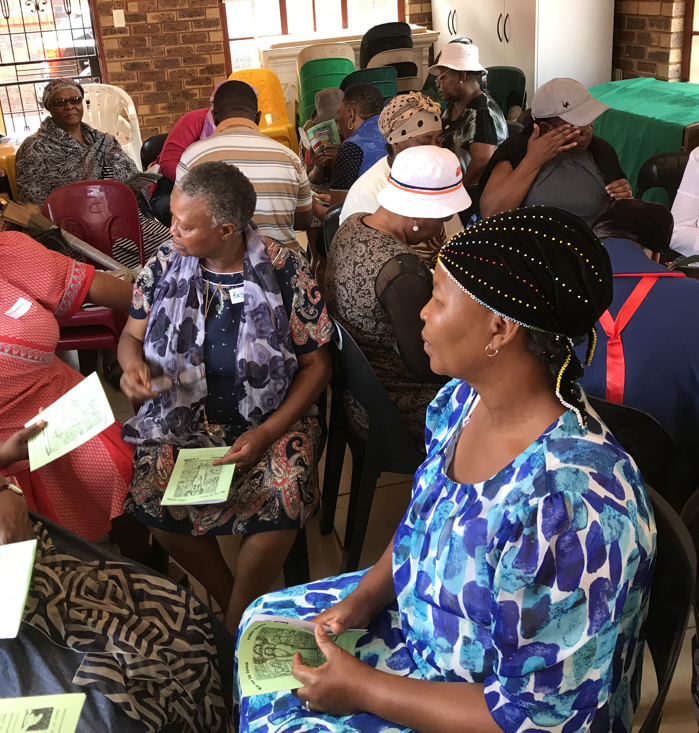
During November we pray for those who have died, that they may have eternal rest. Remembrance Day commemorates an end to WW1, signed at 11. On 11.11.11. Millions of people have died in the 3 World Wars in just over a century. However we should attend with care too to the others in need, those who remain, the orphans, the widowed, the siblings and other family members and close friends who continue to carry the burdens of loss. Gender-based violence and femicide have been the issue at a 2 day Presidential summit on 1-2 November. Every day the news contains reports of murders of women, children but more men are killed and people die in accidents. Death comes in all circumstances, from natural due to old age or illness, to unnatural. Whatever the circumstances death leaves many open wounds. Our ultimate call in being church is being part of the communion of saints, a family of saints to be celebrated and commemorated on both All Souls and All Saints and on throughout the month in our unique ways, until we reach our resurrection.
This week the World (of families) is engaged in COP27, the very important climate change conference in Egypt. Discussions are centred mainly on the implications, mitigation, adaptation, compensation. But little focus is on loss of biodiversity, extinction of species, of plant and animal. Immense loss in wildlife and simple categories such as bees and insects. Preface for the dead states “Life is changed not ended.” Pope Francis the Gospel of Creation in Laudato Si writes that they will no longer give glory to God, in this life. But speaking of the end of time he states, “The creatures of this world no longer appear to us under merely natural guise because the risen Christ is mysteriously holding them to himself and directing them towards fullness as their end. Everything will be imbued with his radiant presence. TR FAMILY WEEKLY 9 NOVEMBER 2022


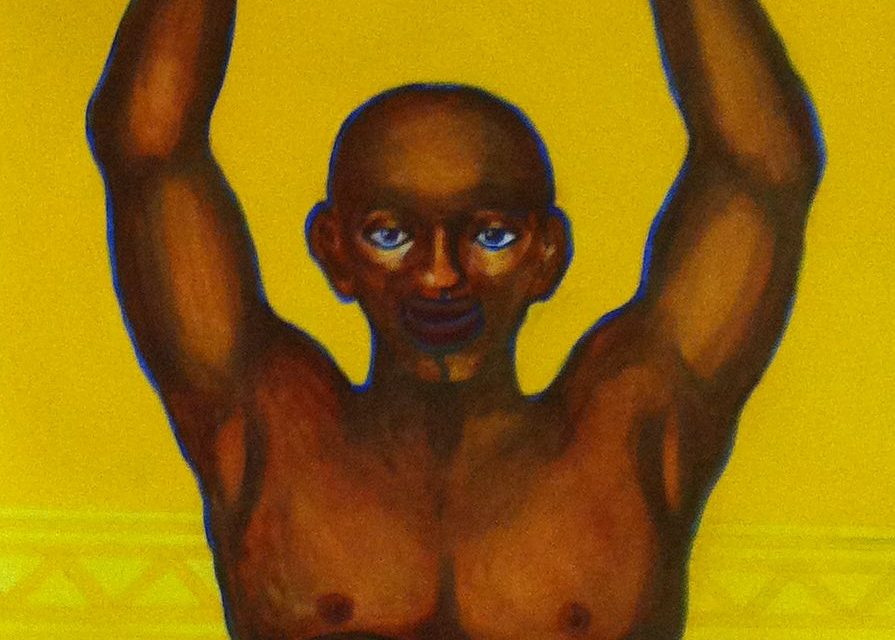
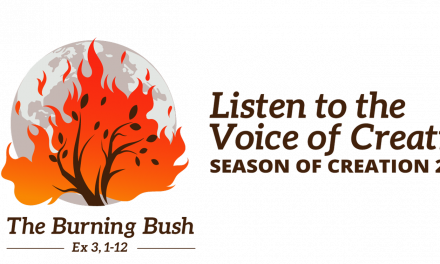
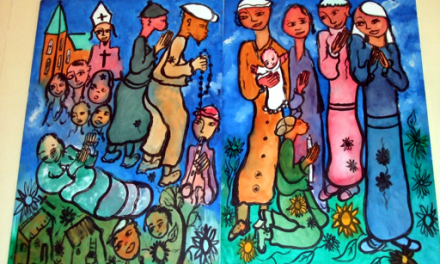
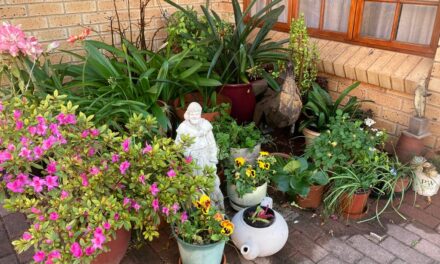

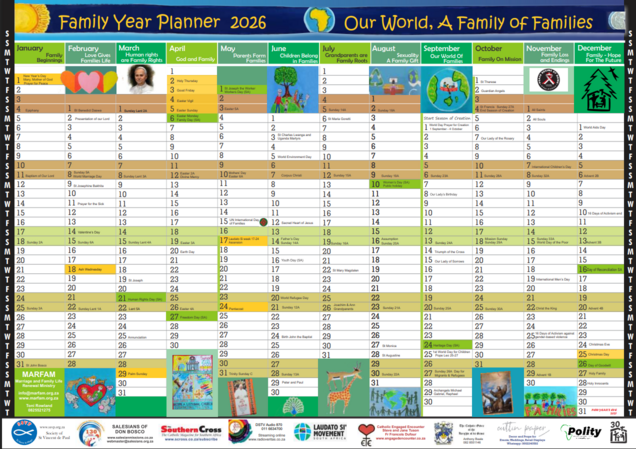
Recent Comments